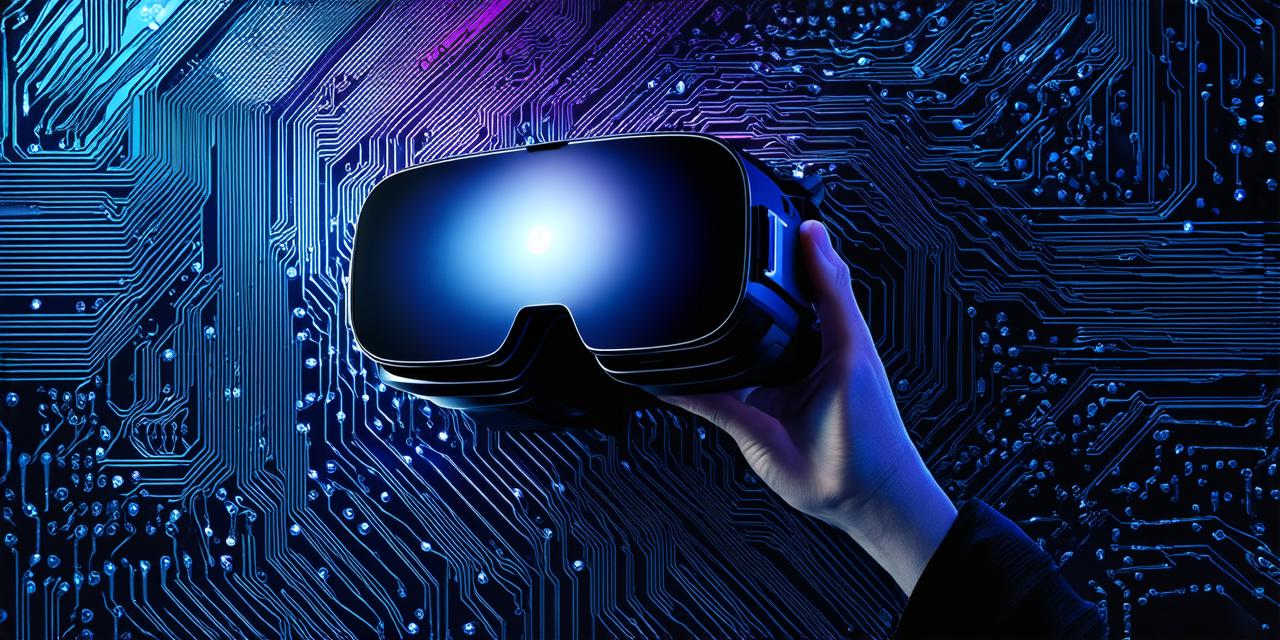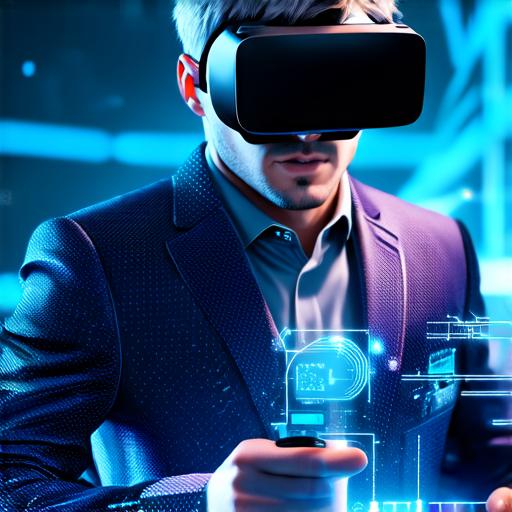
When will virtual reality become accessible?
Virtual reality (VR) technology has been evolving rapidly in recent years, and it’s already being used in various industries such as gaming, healthcare, and education. However, many people are still asking the same question: when will VR become accessible to everyday consumers? In this article, we will explore the current state of VR accessibility, its progression over time, and what factors may be holding it back.
Virtual reality is a technology that allows users to experience a simulated environment in a computer-generated world. This technology has been around for several decades, but it’s only in the past few years that it has become more affordable, accessible, and user-friendly. While VR technology still has some limitations, it’s already being used in various industries such as gaming, healthcare, and education.
For example, VR is being used in the gaming industry to provide players with a more immersive experience. In healthcare, VR is being used for therapy, rehabilitation, and training. In education, VR is being used to create virtual field trips, simulations, and interactive learning experiences. Despite these advancements, many people are still asking when VR will be accessible to everyday consumers.
One of the main factors holding back VR accessibility is the high cost of equipment. While some VR headsets can cost as little as $200, others can cost upwards of $1,000 or more. Additionally, many people don’t have the space or resources to set up a VR system at home. However, this is changing rapidly.
As VR technology continues to evolve, it’s becoming more affordable and accessible. For example, some companies are developing wireless VR headsets that don’t require any cords or wires. This makes it easier for people to move around and experience the virtual world. Additionally, some companies are developing mobile VR devices that can be used with smartphones or tablets.
Another factor holding back VR accessibility is its lack of content. While there are many great games and simulations available for VR, there isn’t a lot of other content to explore. However, this is also changing rapidly. As more people invest in VR technology, we can expect to see a flood of new content being released.
In fact, some experts predict that the VR market will continue to grow at an exponential rate over the next few years. By 2024, it’s estimated that there will be over 170 million VR users worldwide. As more people invest in this technology, we can expect to see even more advancements and innovations in VR.
Of course, there are still some challenges that need to be overcome before VR becomes accessible to everyday consumers. For example, motion sickness is a common issue for many people when using VR headsets. Additionally, some people may feel isolated or disconnected from the real world when using VR technology. However, as the technology continues to evolve, we can expect these issues to be addressed.
In conclusion, virtual reality technology is still in its early stages, but it’s already being used in various industries and has the potential to revolutionize many aspects of our lives. While there are still some challenges that need to be overcome before VR becomes accessible to everyday consumers, we can expect to see even more advancements and innovations in this technology over the next few years. If you’re a virtual reality developer, now is the perfect time to start working on your projects and help shape the future of this exciting technology!
FAQs:



